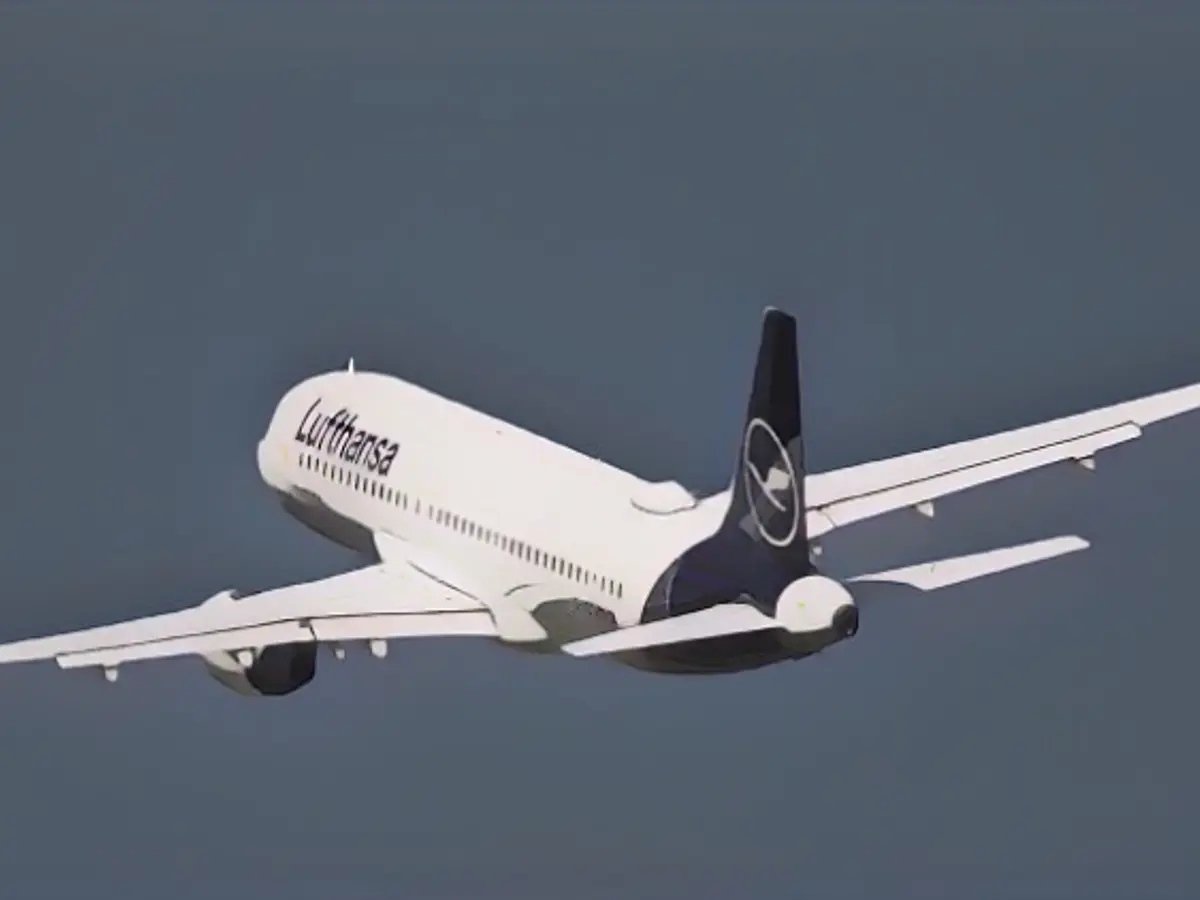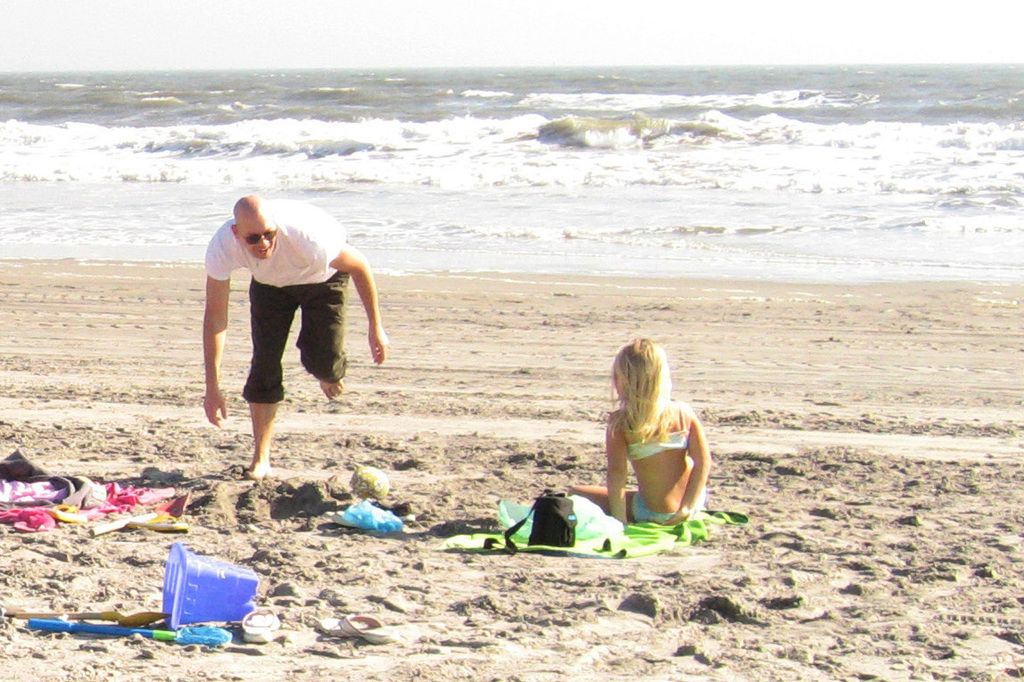The Spotlight on Greenwashing in Airline Marketing: Lufthansa's Case
Air Travel's Green Investigations and Lufthansa's Ad Mishap
Amid heightened scrutiny over carbon emissions in air travel, regulators and the public are holding airlines accountable for green claims. Unfortunately, Lufthansa stumbled when it attempted to promote "eco-friendly flying." The UK's Advertising Standards Authority (ASA) lambasted the airlines' advertising for promoting its "Green Fares," deeming the claim misleading.
The starring role in this debacle was Lufthansa's tagline "Fly more sustainably" attached to the "Green Fares" option. The airline argued that these fares significantly lowered the environmental impact of flights. However, ASA pointed out that Lufthansa's rationale behind this claim was vague, leading to a ban on the slogan.
Regrouping in Response to the Ban
Heeding the ASA's warnings, Lufthansa opted to ditch the snappy "Fly more sustainably" tagline for future advertising. The move was in response to the mounting concerns voiced by the ASA.
The Struggle for Sustainable Flying Marketing
Lufthansa is not alone in grappling with the challenges of eco-friendliness in air advertising. In July, Air France and Etihad also faced ASA scrutiny for their UK search engine ads emphasizing green commitments. Remarkably, the ASA also targeted these airlines for lacking a solid basis for their claim's legitimacy.
The difficulties of promoting sustainable flying in advertising extend beyond Brittan's borders, as Europe already has strict regulations and guidelines in place to ensure eco-friendly practices are communicated clearly and accurately.
EU Regulations, International Guidelines, and Transparency
A stringent regulatory landscape in the European Union and beyond expects airlines to present eco-friendly practices with minimal ambiguity. Seniors like ReFuelEU Aviation, CORSIA, EU ETS, advertising guidelines, and others prioritize preventing misleading claims regarding carbon emission reduction. They also emphasize transparency, accuracy, and adherence to the rules.
Greenwashing Avoidance and Trust Building
The wave of advertisement bans serves as a stern reminding blow to airlines. Repercussions can result from deceptive or magnified claims, leading to a loss of public trust. To rebuild trust and avoid greenwashing allegations, airlines must prioritize transparency and conform to existing standards.
Backdrop of Carbon Emissions Scrutiny
The growing focus on air travel's contributions to carbon emissions has resulted in increased scrutiny and strict regulations. Companies should refrain from making deceptive claims regarding environmental commitment and instead, convey accurate data and methods employed to reduce carbon emissions.
Source Insights
The recent regulatory crackdown on misleading green claims exposes that airlines, like Lufthansa, Air France, and Etihad, must be more transparent when promoting sustainable flying. To evade greenwashing accusations, companies should:
- Clearly disclose methods and benefits of eco-friendly initiatives, such as CO₂ offsetting and SAF usage.
- Obey regulatory requirements, like ReFuelEU Aviation and EU ETS, to demonstrate accountability.
- Achieve certifications, like the EU’s Renewable Energy Directive 2 (RED II) or ISCC, to assure customers that fuel sources are sustainable.
- Collaborate with environmental organizations, like myclimate or ClimatePartner, to bolster climate protection initiatives.
- Adhere to industry standards and best practices, like using SAF produced in sustainable feedstocks from Total's French plants.
- Make voluntary commitments to environmental goals that align with high-level international standards, such as the Gold Standard or Plan Vivo.
By following these steps, airlines can prioritize transparency, ensure regulatory compliance, and uphold industry standards while promoting sustainable flying initiatives effectively.








